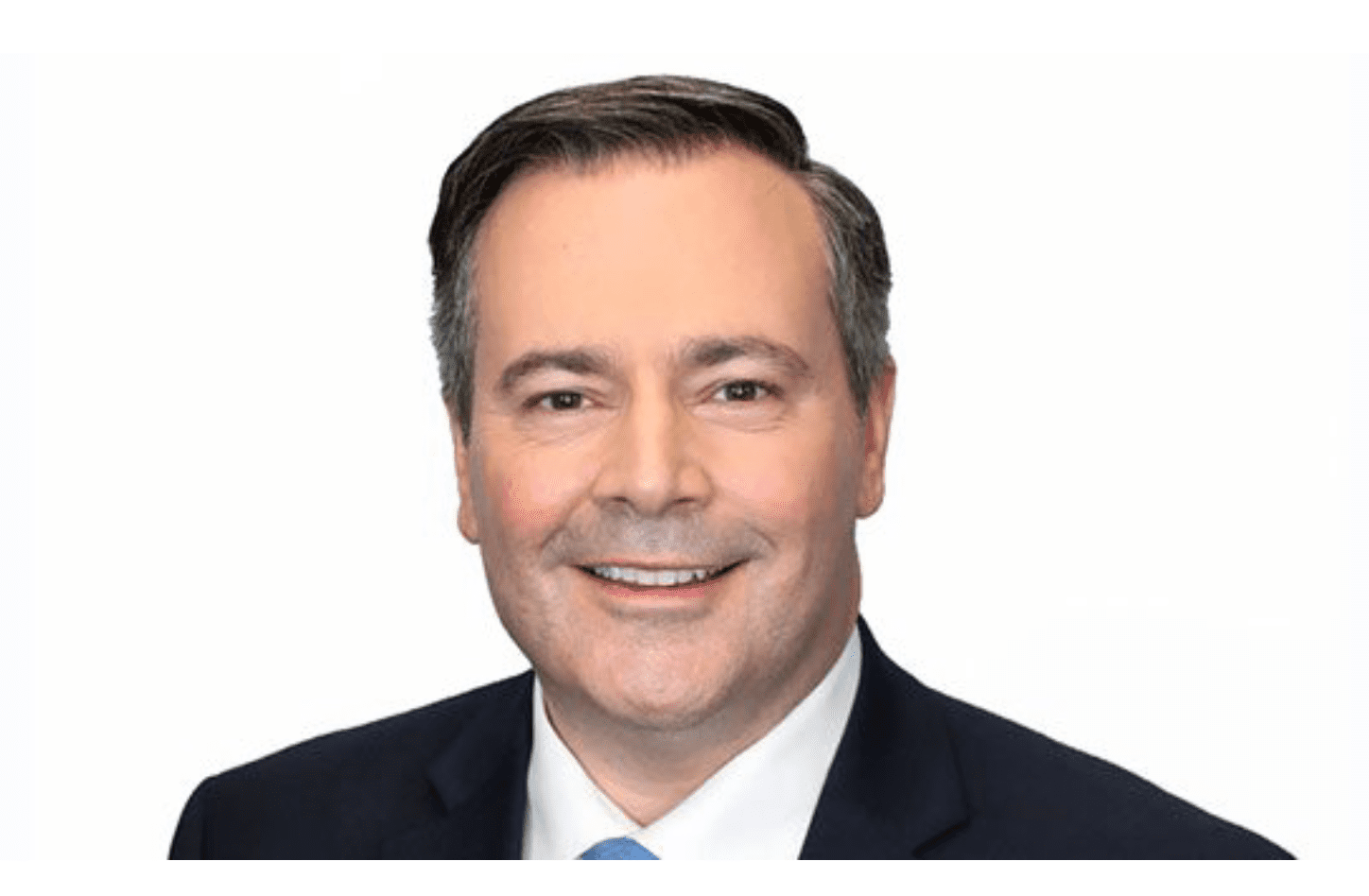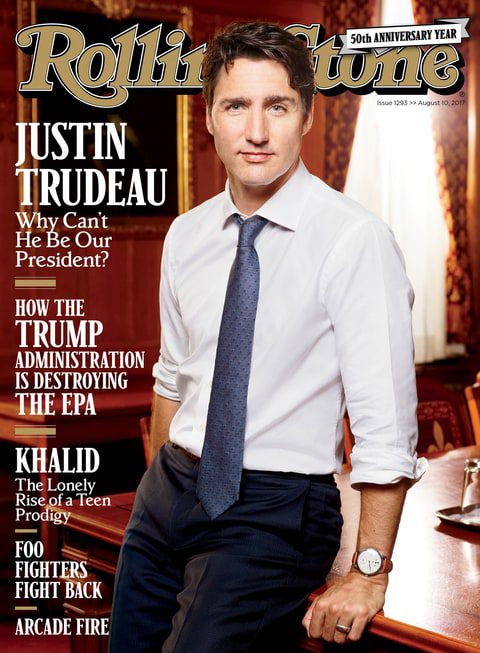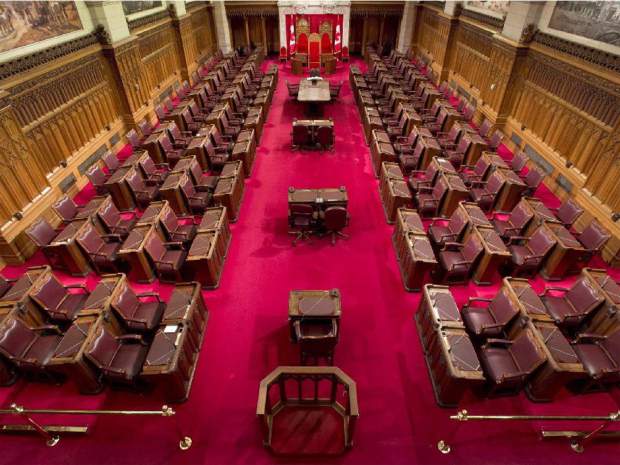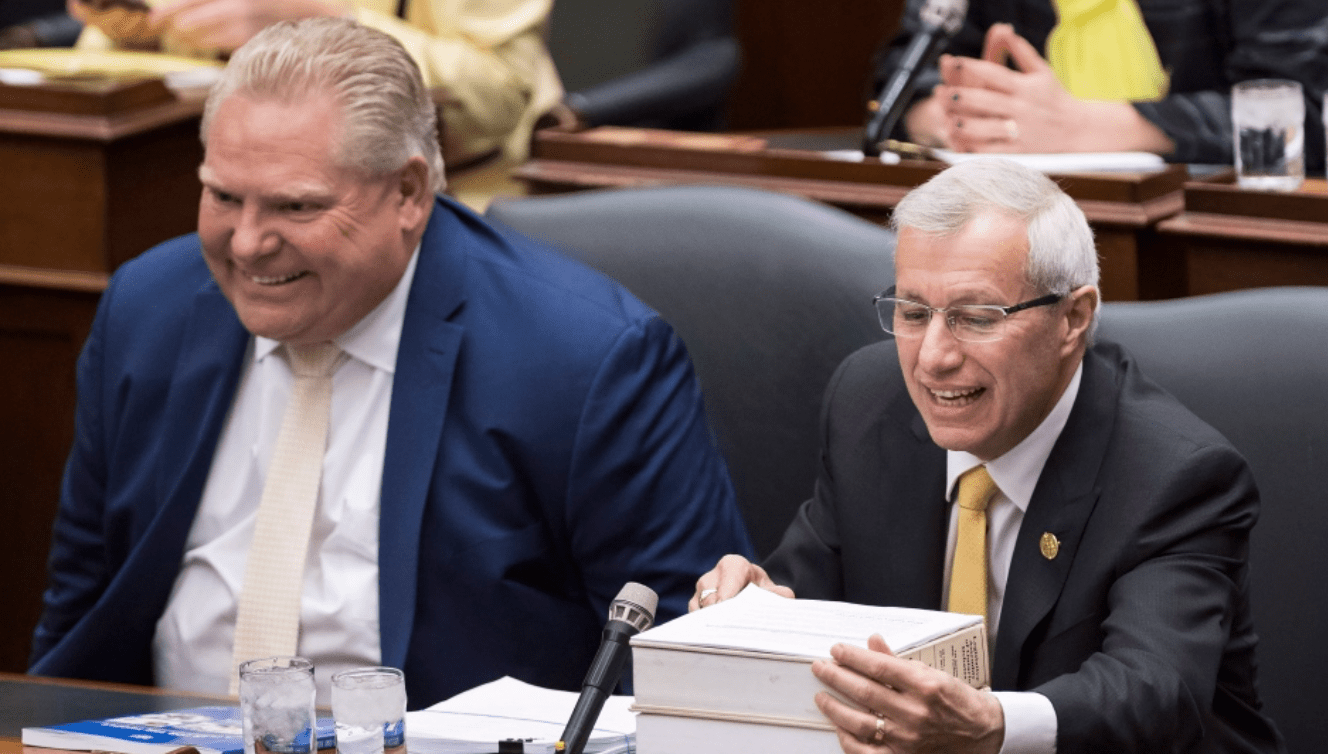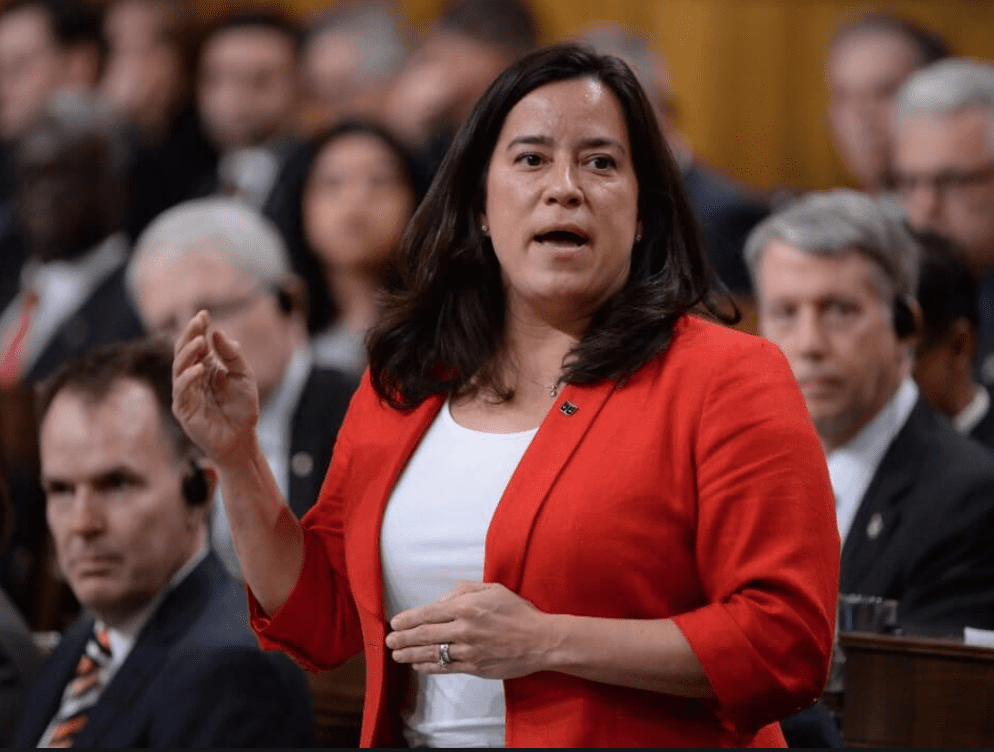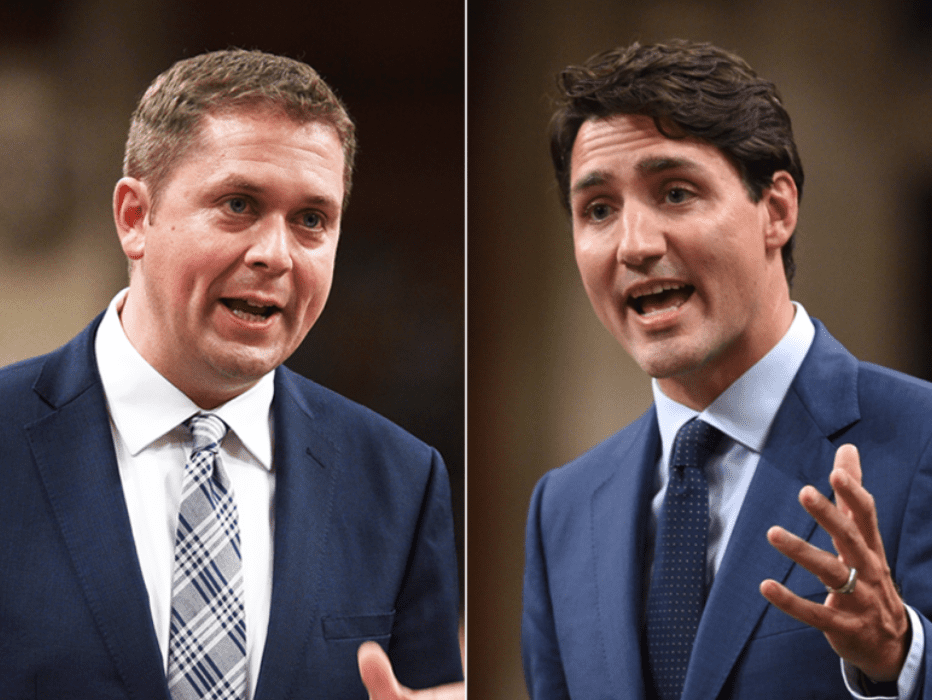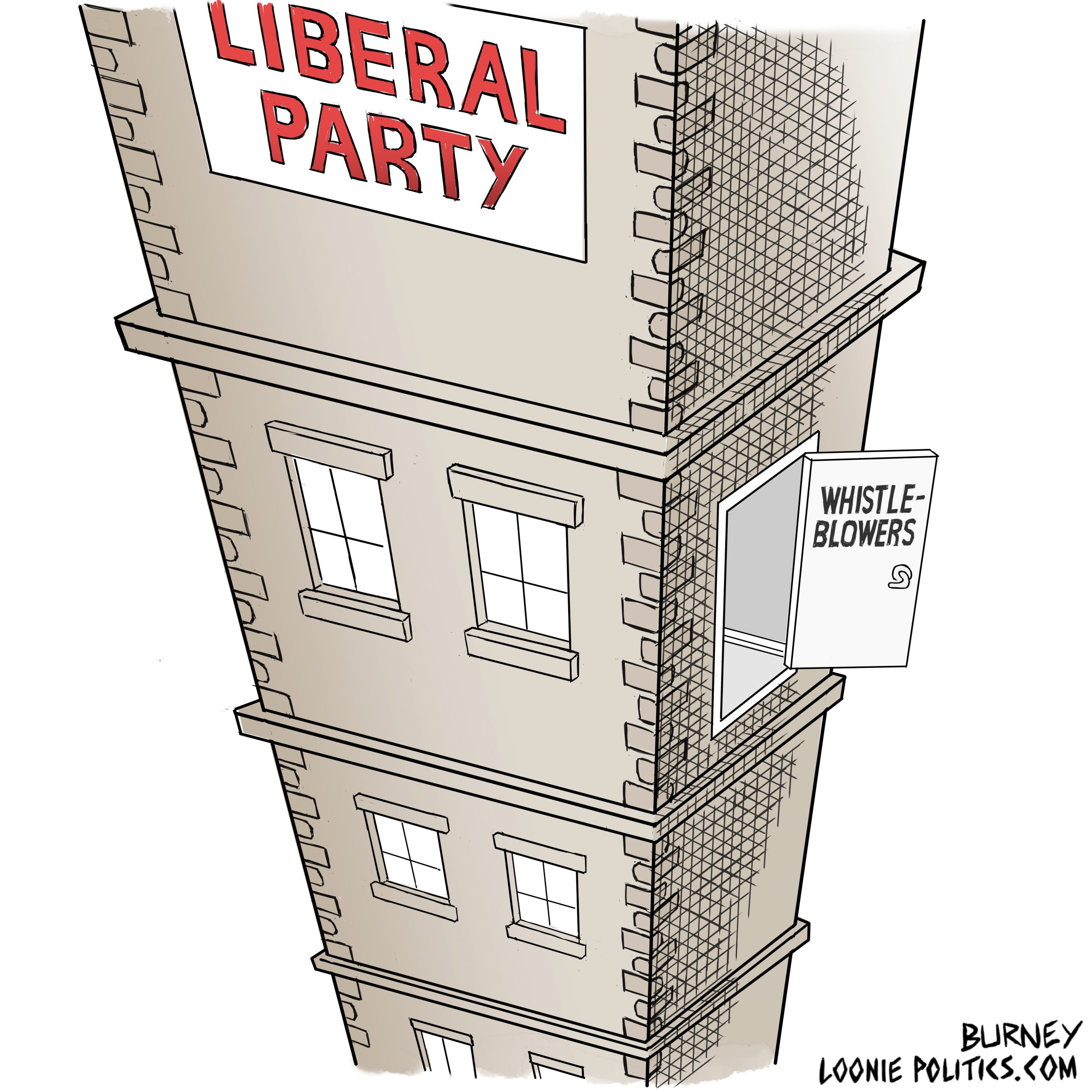This is good political and economic news not only for the province, but the entire country
Albertans will head to the ballot boxes today. Who will they choose to lead the next provincial government?
Recent public opinion polls show Jason Kenney's United Conservative Party leading Premier Rachel Notley's NDP by a comfortable margin. Pollara Strategic Insights has the UCP ahead by 45 to 38 per cent (April 10), Nanos Research suggests the difference is 44.3 to 36.4 per cent (April 13), and Ipsos has it at 50 to 40 per cent (April 10).
Stephen Mandel's centrist Alberta Party is hovering between eight and 12 per cent of popular support, and will likely form the legislature's third party. David Khan's centrist Alberta Liberals should get between 2.5 and four per cent of the vote, but no more than a seat or two. Derek Fildebrandt's right-leaning Freedom Conservatives will likely end up at two to 2.2 per cent of the vote, and he could hang on to his seat.
In all of these scenarios, Kenney would become Alberta's 18th premier with a majority government. This would be good political and economic news not only for the province, but the entire country.
The UCP leader is an intelligent, articulate fiscal and social conservative. From his days as president/CEO of the Canadian Taxpayers Federation, Reform/Canadian Alliance MP and Conservative cabinet minister under former prime minister Stephen Harper, he's always supported smaller government, lower taxes, free market economics, and individual rights and freedoms. These core values have also been a part of his provincial political career as the last Progressive Conservative Association of Alberta leader and the first UCP leader.
A right-leaning, pro-free-enterprise thinker like Kenney running in a province that championed small 'c' conservative values for eight decades was a natural fit for the electorate.
As for the NDP, it's no secret they won the 2015 Alberta election largely due to a massive protest vote against then-PC premier Jim Prentice.
Notley's left-wing cheerleading for a carbon tax, increased taxes on high-income earners and enhanced union control, among other things, is completely out of step with most sensible-thinking Albertans.
Alberta's political climate isn't as sharply conservative as it used to be. Urban and rural demographics have also transformed due to immigration and migration from other provinces.
Nevertheless, there's no history or appeal in this province when it comes to left-wing politics and policies. The NDP is, therefore, a short-term experiment with voter rage against the political establishment.
The UCP will be the long-term antidote for good governance and fiscal prudence.
A month ago, this seemed like a foregone conclusion. Alas, a day in politics can be a lifetime.
Kenney has spent much of the campaign fighting against past comments, including his acknowledged role in the 1980s in overturning hospital visitation rights to the gay partners of dying AIDS patients in San Francisco. Allegations that he's linked to a stalking horse candidate during the UCP leadership race remain unproven but won't disappear. Two UCP candidates resigned due to controversial remarks and Kenney continues to defend a candidate who once questioned whether gay love was real.
Kenny also had a tense April 4 interview with radio host Charles Adler concerning some of these contentious issues. It was hardly the bombshell some people made it out to be, or reflective of Jen Gerson's assessment in Maclean's magazine that it was "uncomfortable, and even disturbing to listen to."
Sure, Kenney was forced to take a couple of steps back to defend himself. But his answers were adequate, and he didn't stumble and fall. Politics is the art of survival and his experience enabled him to escape the lion's den relatively unharmed.
He then had a good showing at the leaders' debate, did well travelling the province and rebuilt lost support. Alberta's historic love affair with conservatism returned in a hurry.
Today's provincial election won't be a blowout. Albertans will likely give Kenney the keys to the kingdom with a smaller majority and keep a close eye on his growth and development as a premier.
He's the right person to lead Alberta by a country mile but he still needs to become the right leader for all Albertans.
Photo Credit: Troy Media
Troy Media columnist and political commentator Michael Taube was a speechwriter for former prime minister Stephen Harper.



